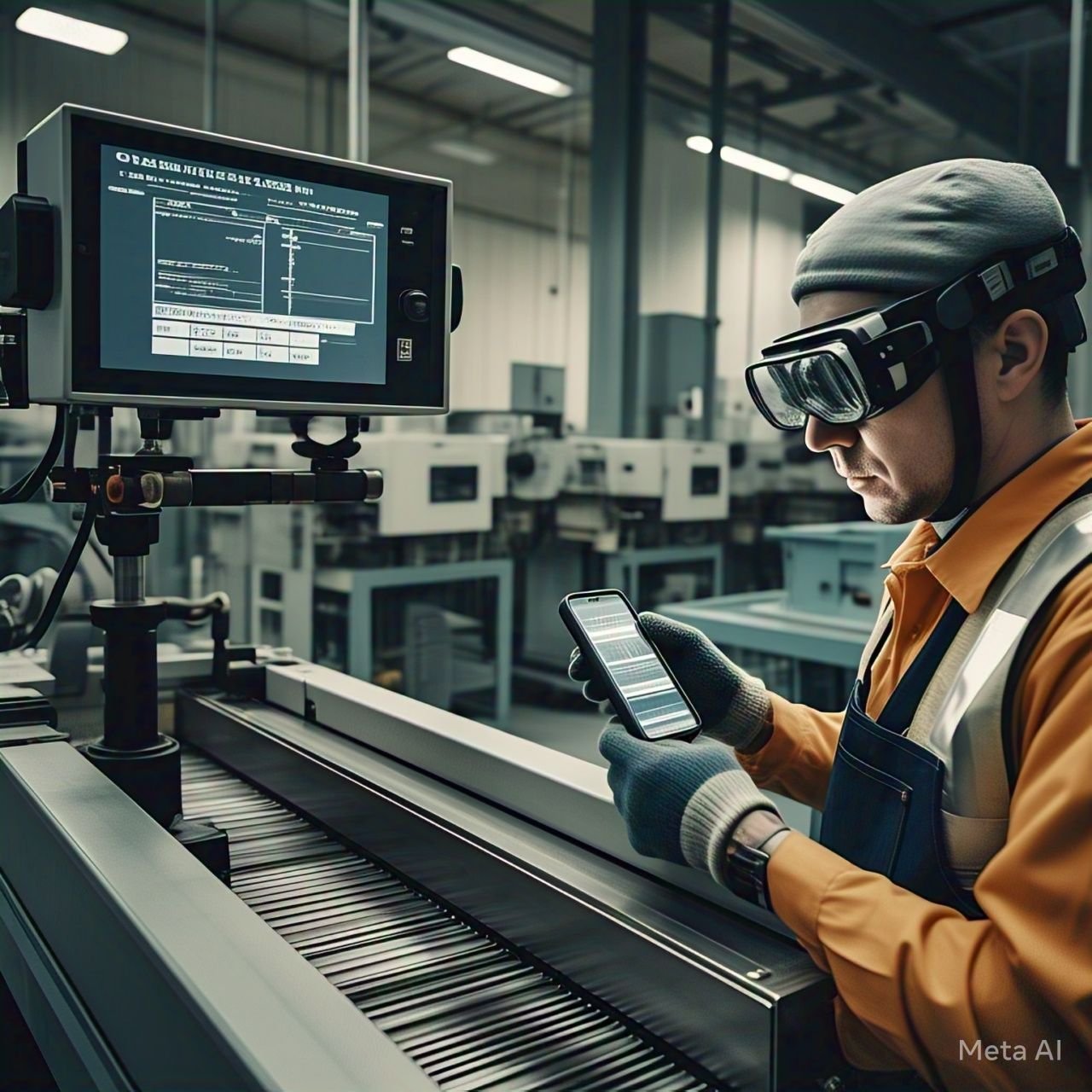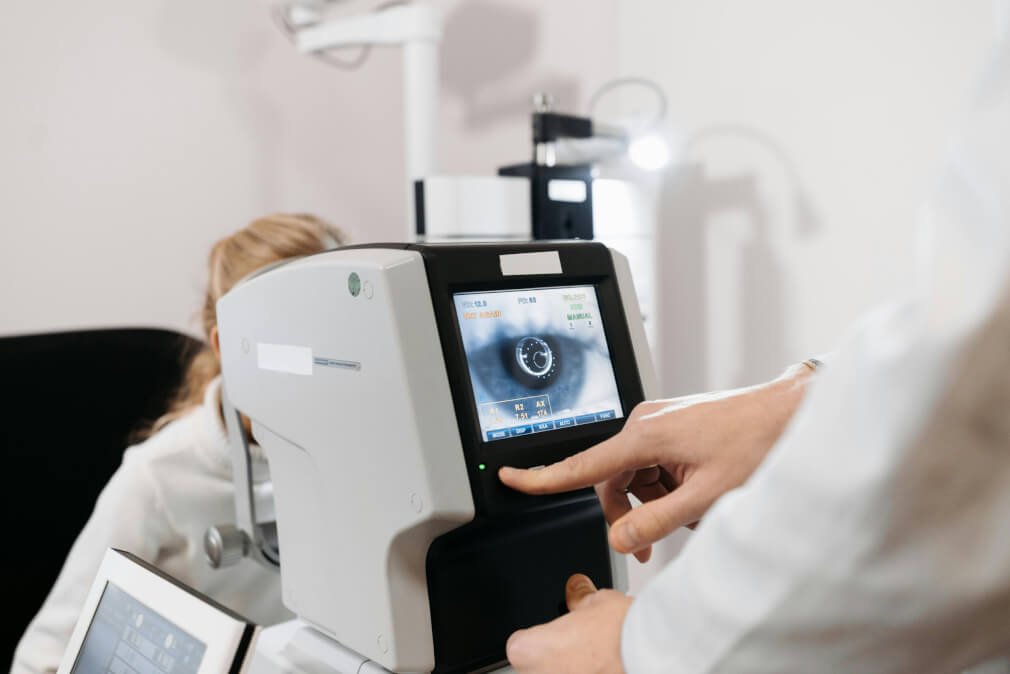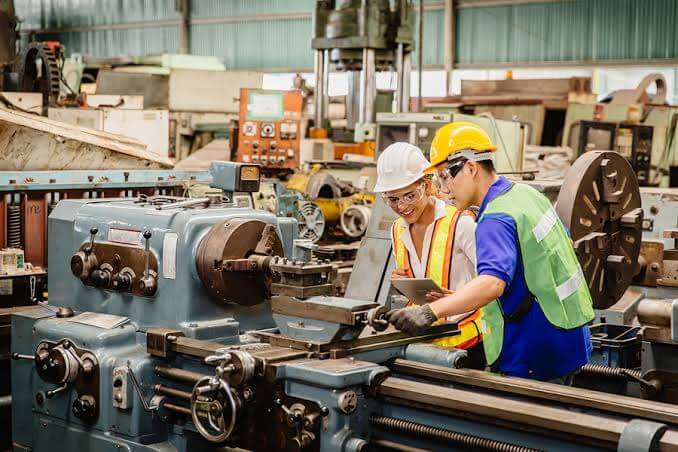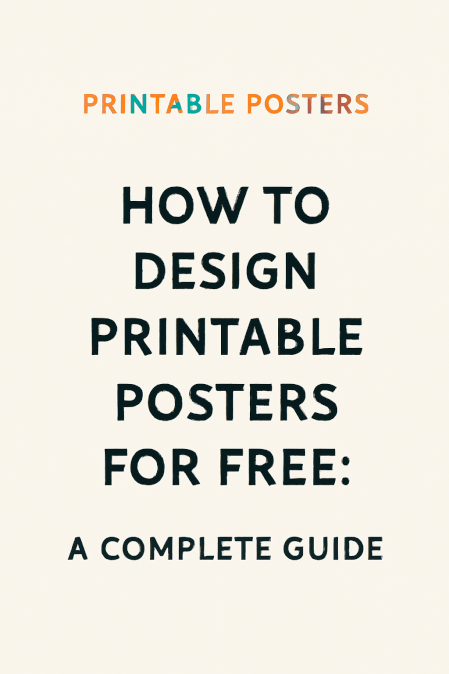In today’s competitive mobile manufacturing industry, quality assurance is more critical than ever. With the increasing demand for sleek, durable, and defect-free mobile cases, manufacturers face the challenge of ensuring each product meets stringent quality standards. Manual inspection methods often fall short in detecting subtle flaws, leading to customer dissatisfaction and potential recalls. Enter AI-powered machine vision solutions, a game-changing technology that transforms mobile case inspection through precision, speed, and efficiency. In this article, we delve into how this cutting-edge technology redefines defect detection in mobile case manufacturing.
The Challenges in Mobile Case Inspection
Mobile cases are not just protective shells; they are an integral part of a smartphone’s aesthetics and functionality. However, inspecting mobile cases comes with its set of challenges:
- Surface Imperfections
Scratches, dents, or uneven finishes can compromise the appearance and quality of the product. - Small Defects
Tiny defects like pinholes or micro-cracks are hard to detect with the human eye. - High Production Volume
Modern manufacturing lines produce thousands of mobile cases daily, making manual inspection both time-consuming and error-prone. - Inconsistent Quality Control
Human inspectors are susceptible to fatigue, resulting in inconsistent evaluations and missed defects. - Complex Designs
Intricate patterns, logos, and textures on mobile cases add complexity to the inspection process.
To overcome these challenges, manufacturers are increasingly turning to AI-powered machine vision solutions.
What is AI-Powered Machine Vision?
Machine vision refers to the use of imaging technologies and artificial intelligence to enable machines to “see” and make decisions based on visual data. In the context of mobile case inspection, it involves high-resolution cameras, lighting systems, and AI algorithms working together to identify defects with precision.
How Does AI-Powered Machine Vision Work in Mobile Case Inspection?
The inspection process powered by machine vision involves several key stages:
1. Image Acquisition
High-resolution cameras capture detailed images of mobile cases as they move along the production line. Specialized lighting setups ensure that all surface details are clearly visible.
2. Image Preprocessing
Captured images undergo preprocessing to enhance clarity and remove noise. This step is crucial for ensuring accurate defect detection.
3. Defect Detection
AI algorithms analyze the images to detect surface defects, such as:
- Scratches
- Dents
- Cracks
- Uneven coatings
- Printing errors
4. Classification
Detected defects are classified based on their severity. For example, cosmetic flaws may be acceptable for certain product categories, while structural defects require immediate rejection.
5. Reporting
The system generates real-time reports, highlighting defect types and locations. This enables quick decision-making and corrective actions.
Key Features of AI-Powered Machine Vision Solutions
- High-Resolution Cameras
Capable of capturing intricate details, these cameras ensure no defect goes unnoticed. - Advanced Illumination Systems
Proper lighting eliminates shadows and reflections, ensuring consistent image quality. - AI Algorithms
Machine learning models trained on vast datasets can detect even the most subtle defects. - Real-Time Processing
The system provides immediate feedback, enabling manufacturers to address issues without halting production. - Integration Capabilities
Seamless integration with existing production lines and enterprise systems ensures minimal disruption.
Advantages of Using AI-Powered Machine Vision for Mobile Case Inspection
1. Enhanced Accuracy
AI-powered solutions detect defects that are often missed by human inspectors, ensuring consistent quality control.
2. Speed and Efficiency
Automating the inspection process significantly reduces the time required for quality checks, boosting production efficiency.
3. Cost Savings
By minimizing defect-related rework and recalls, manufacturers can achieve substantial cost savings.
4. Scalability
AI-powered systems can handle increasing production volumes without compromising inspection quality.
5. Data-Driven Insights
Inspection data can be analyzed to identify recurring issues and optimize manufacturing processes.
Applications of AI-Powered Machine Vision in Mobile Case Inspection
- Surface Defect Detection
Detects scratches, dents, and other imperfections on mobile case surfaces. - Logo and Printing Validation
Ensures that logos, patterns, and text are correctly printed and aligned. - Dimension Measurement
Verifies that mobile cases meet specified size and shape requirements. - Texture Analysis
Inspects intricate textures for uniformity and consistency. - Material Inspection
Identifies flaws in the material, such as cracks or weak spots.
Implementing Machine Vision Solutions for Mobile Case Inspection
Step 1: Requirement Analysis
Identify the specific inspection requirements, such as defect types, production volume, and integration needs.
Step 2: System Design
Develop a customized solution, including camera placement, lighting setup, and algorithm configuration.
Step 3: Training the AI Model
Train the AI model using a dataset of defective and defect-free mobile cases to ensure high accuracy.
Step 4: Deployment and Integration
Integrate the system into the production line, ensuring seamless operation with minimal downtime.
Step 5: Monitoring and Optimization
Continuously monitor system performance and refine algorithms to adapt to new defect types or design changes.
Future Trends in Mobile Case Inspection
As technology advances, AI-powered machine vision solutions will continue to evolve, offering even greater capabilities:
- 3D Inspection
Advanced systems will use 3D imaging to detect defects on complex mobile case designs. - Cloud Integration
Cloud-based systems will enable remote monitoring and data analysis. - Augmented Reality
AR will provide real-time visual feedback to operators for better decision-making. - Predictive Maintenance
Inspection data will be used to predict equipment failures and prevent production downtime.
Why Choose AI-Powered Machine Vision for Mobile Case Inspection?
Investing in AI-powered machine vision solutions is a strategic move for manufacturers aiming to stay ahead in the competitive mobile industry. By automating defect detection, these systems ensure superior product quality, reduce costs, and improve customer satisfaction. With their ability to adapt to diverse inspection needs, machine vision solutions are shaping the future of quality control in mobile case manufacturing.
The integration of AI-powered machine vision solutions in mobile case inspection is revolutionizing the industry. By automating defect detection and providing real-time insights, these systems offer unparalleled accuracy and efficiency. As the technology continues to advance, its applications and benefits will only expand, making it an indispensable tool for manufacturers striving for excellence.
If you’re looking to enhance your mobile case inspection process, adopting an AI-powered machine vision solution is the way forward. With its ability to detect defects, streamline operations, and deliver consistent results, this technology is redefining quality control in the manufacturing sector.













